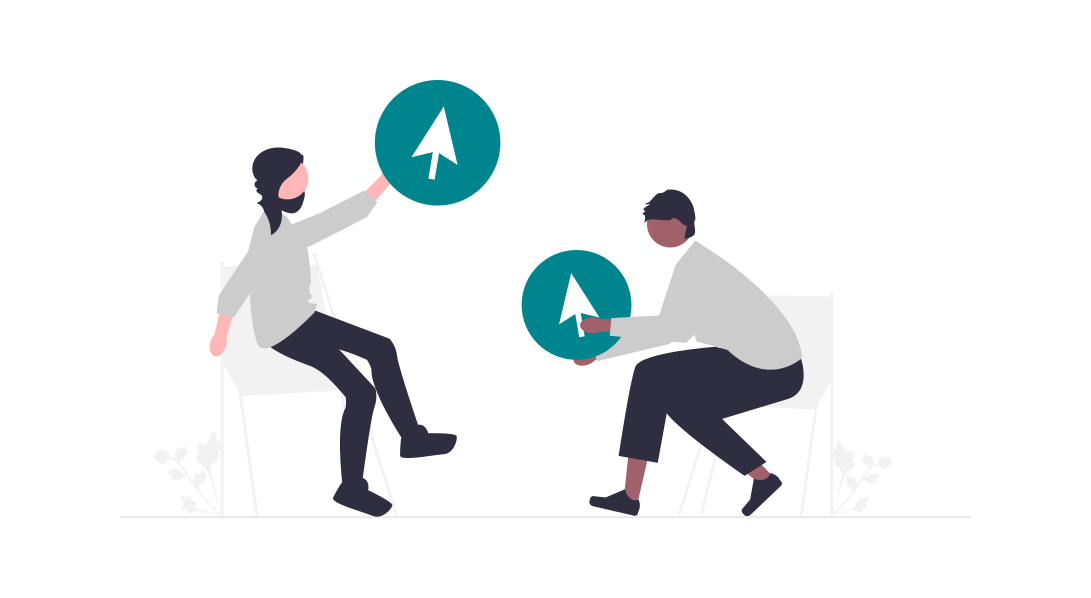8 August 2022

Materials for packaging are always being discovered, especially since consumers have become more aware of the impact their choices have. Now the onus is on brands to be ethical, with 73% of Americans saying that they wouldn’t purchase from a brand who don’t care about climate change. And they’re stepping up to the mark. In this article we’ll be highlighting some of the best new sustainable materials out there on the market, and why it’s so important for your brand to start implementing green packaging.
When it comes to the materials that your brand uses for its product packaging there is a fear that sustainable materials are a lower quality than, say, virgin plastics. Due to the prices (see the blog post Questions Of Value: Sustainability And Your Bottom Line) associated with sustainable packaging and the process involved in making sure every aspect of the material is eco, most companies are worried that the amount they put into making their packaging sustainable won’t be made back in sales.
We did some research into new materials on the market and found these examples, made from recycled ingredients but they are still high quality and with the properties that make packaging for products so important.
Kreis reused coffee grounds reusable cup
https://www.geeky-gadgets.com/coffee-cup-made-from-used-coffee-grounds-12-07-2022/
Paper made from fallen leaves
https://releaf-paper.com/
Synprodo biofoam
https://www.synprodo.com/materials/biofoam/
Cruzfoam
How do you take your brand into a sustainable future with ethical packaging when you’re having an issue with individual behaviors against commercial direction? For your customers making sustainable choices needs to be easy, it needs to be accessible and it needs to be financially viable. It also needs to be popular. As well as breaking away from the way companies have been packaging their products for decades, the move towards sustainable packaging is actually moving back to how things were before the popular plastic packaging we know today became mainstream. And it’s not that plastic is unsustainable – it’s just that it’s being jettisoned in a way which means it cannot be recycled into more products to continue it’s lifecycle.
Although 30% of consumers claim to have strong interest in sustainable alternatives this does not translate into buying behavior. 11.5% of consumers are not willing to pay extra for sustainably produced packaging and 78% believe that big businesses should be doing more to make consumerism more sustainable. COVID has had a huge impact on consumer behavior surrounding sustainability, 85% say that since the pandemic they have been more conscious about making more sustainable choices. This means that if companies are willing to invest and make their prices competitive with plastic packaged products, consumer purchasing behavior will change. In North America only 40% of consumers are willing to accept higher prices for products from socially responsible companies, this leaves a huge 60% majority that aren’t willing to pay more – which means that until sustainably packaged products are priced at a competitive rate consumer behavior won’t change.
Products that had a sustainability claim on their packaging delivered nearly $114 billion in sales in 2018 which was a 29% increase since 2013 – in more than 90% of the CPG (Consumer Packaged Goods) categories, sustainability marketed products grew faster than their un-sustainable alternatives. They also grew 5.6 times faster. However 73% of consumers who want to buy sustainably packaged products are put off because of the high prices.
Sustainably packaged products aren’t just good for the environment, they are a good financial investment for your brand that will increase your business’ standing in the market and improve your customer retention.
If you want to know more about sustainable options for your next packaging project get in touch with the BPAK team.